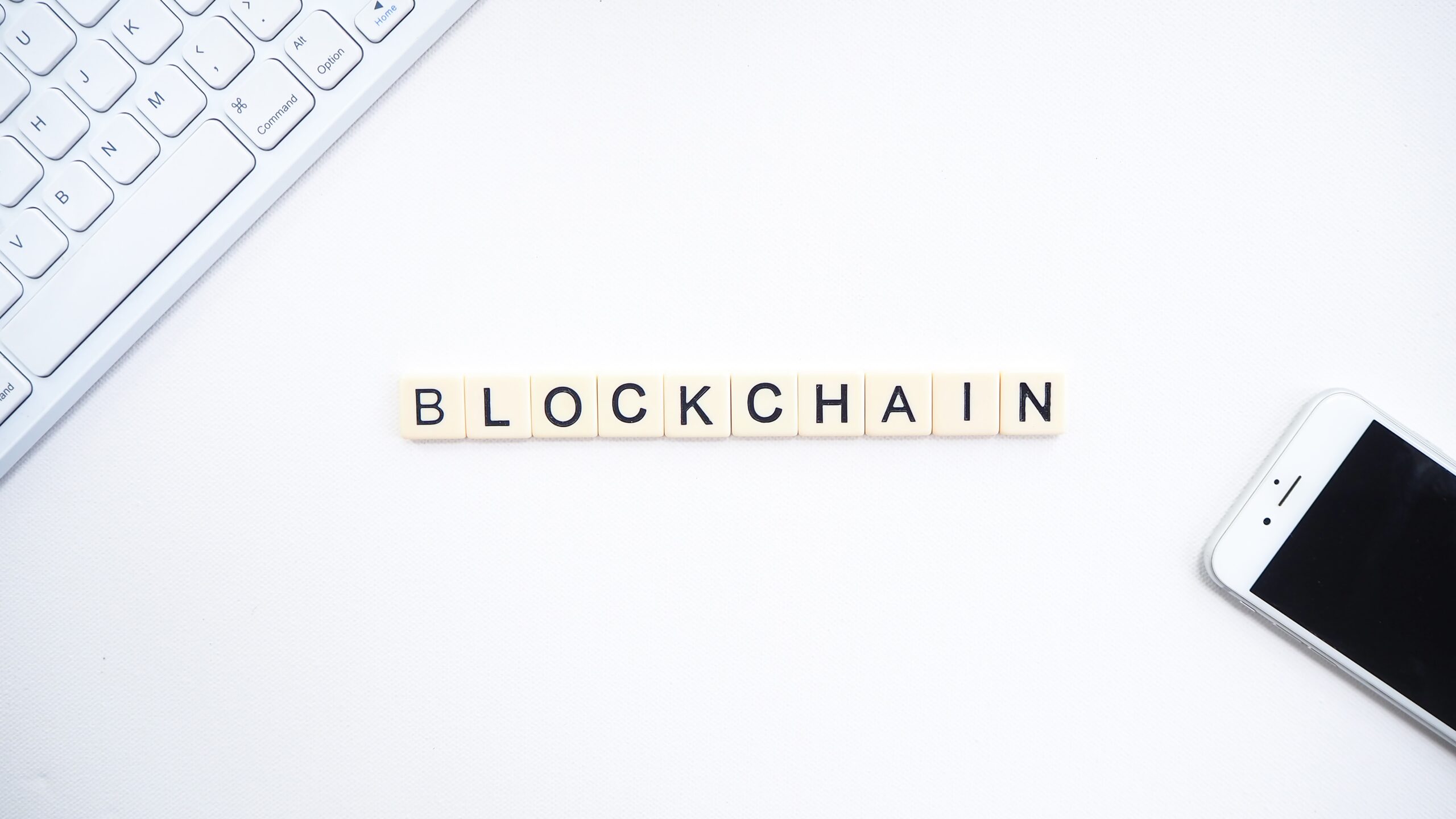The Indian government has begun to embrace blockchain technology as a means of streamlining operations and services. Its most recent venture was in the realm of domestic commerce.
The country’s finance ministry’s central board of indirect taxes and customs began a prototype electronic cargo tracking system (ECTS) initiative based on blockchain technology on Oct. 15. This seeks to develop protected container documentation and GPS-based tracking.
How does blockchain technology work for trade?
Analysts believe that because all facts are kept digitally, blockchain technology would enable safe and efficient documentation among network participants.
“All transactions connected to consignment flow can be maintained on a blockchain in a tamper-proof manner with a date and unique cryptographic signature,” said Sharat Chandra, a Bengaluru-based emerging tech enthusiast. “Information can be retrieved at any point throughout the journey with permission access, eliminating fraud and income leakages.”
Traditional paper-based methods, in addition to being dangerous, create a lot of red tape due to the number of permissions required. Such new projects, on the other hand, can be more secure if each party’s blockchain nodes are hosted on a decentralized server.
A blockchain node is a digital ledger that keeps track of all cryptocurrency transactions and makes the information available to anybody with an internet connection. Its primary function is to verify each block of network transactions. The finance ministry has cooperated with the Asian Development Bank for the effort at ICD Tughlakabad Import Commissionerate.
7 ways in which blockchain is changing the face of logistics:
Blockchain Mean Better Freight Tracking
Commercial transportation firms are challenged with an ever-increasing need to innovate as demand for same-day and on-demand delivery rises, and consumer expectations rise.
Many trucking businesses have invested in excellent tracking technology, but scaling it to meet more demanding customer requests has proven tough, particularly when it comes to identification. None of these problems would exist to the same extent if blockchain technology were used. The entire system can contribute and authenticate data when using the blockchain for data authentication, and it is no longer vulnerable to tampering. Enhanced tracking information reliability may also have an influence on the preservation of products in transit.
Using the Internet of Things (IoT) and AI to Increase Efficiency
With the support of IoT advancements, blockchain can be especially valuable for capacity monitoring. The cost of carrying freight is frequently determined by cargo volume. Shippers and transportation businesses can detect the amount of space taken up in a package and decide cost accordingly by deploying IoT sensors in trucks and other shipping vehicles, and then transfer all of this data to the blockchain.
Effective Tracking of Fleet or Vehicle Performance History
Tracking is important for more than just delivery success. It can also be used to evaluate the performance of individual vehicles in a fleet. When a major or small company wishes to buy a used delivery vehicle, the blockchain can help to validate information about the vehicle’s prior performance and maintenance history.
Easier Carrier Onboarding
There would be a far more uniform and reliable approach to establishing pricing and other factors inherent in purchasing if all used components and automobiles were recorded on a secure, unchangeable ledger.
Just as blockchain may assist in the validation of a used vehicle’s records, it can also assist in the validation of a new carrier’s driver records.
Blockchain technology has the potential to create a decentralized network that can store all of the essential documents for carriers in the transportation and freight industries. It would be nearly impossible to fabricate this information, and it would be very instantaneous to validate it.
Using the Internet of Things for Vehicle to Vehicle Communication
Vehicle to Vehicle (V2V) Communications, which effectively allows many freight vehicles to form a platoon and communicate, boosting fuel efficiency and safety, is already being implemented by some organizations.
Using the blockchain to store and validate data generated by V2V Communications can assist transportation companies all around the world optimize their operations.
Making Load Boards More Reliable
Many transportation businesses are suspicious of load boards since the data on them is frequently jumbled or duplicated, resulting in an incorrect picture of demand.
Shippers can use the blockchain to upload timestamped cargoes that the decentralized network records and verifies. As a result, a specific load cannot be repeated, and the data will remain intact. Because the blockchain can authenticate load data, prevent duplication, and make it available to load boards, there is no need for an intermediary in the form of a broker.
Smart Contracts Cut Costs and Eliminate Middlemen
Smart Contracts may be the most important blockchain feature for the freight business. Smart Contracts are self-executing tasks that are programmed into the blockchain and executed when a predetermined condition is satisfied.
Smart contracts might use blockchain to totally eliminate the need for all of these administrative stages, lowering expenses and almost eliminating the possibility of error. When we consider that administrative expenditures can account for up to 20% of total transportation costs, the amount of money saved by implementing smart contracts successfully could be enormous.
The transportation and freight industry’s journey into blockchain technology poses some potential challenges, just as any large application of technology does. Certain, such as Lori Heino Royer, Director of Business Development at Daimler Trucks North America, see the benefits of blockchain in trucking but also perceive some hazards. Heino Royer contends that blockchain’s immutability may backfire because every data entry is prone to human error at the start. She also points out that if a company’s private key is lost or stolen, the blockchain will become untrustworthy, resulting in a significant data loss.
The majority of other reservations originate from the notion that blockchain implementation in trucking and logistics will be yet another flawed technological adaption. Some industry players are sceptical of the widespread adoption of new technologies because they have firsthand experience with failures.

